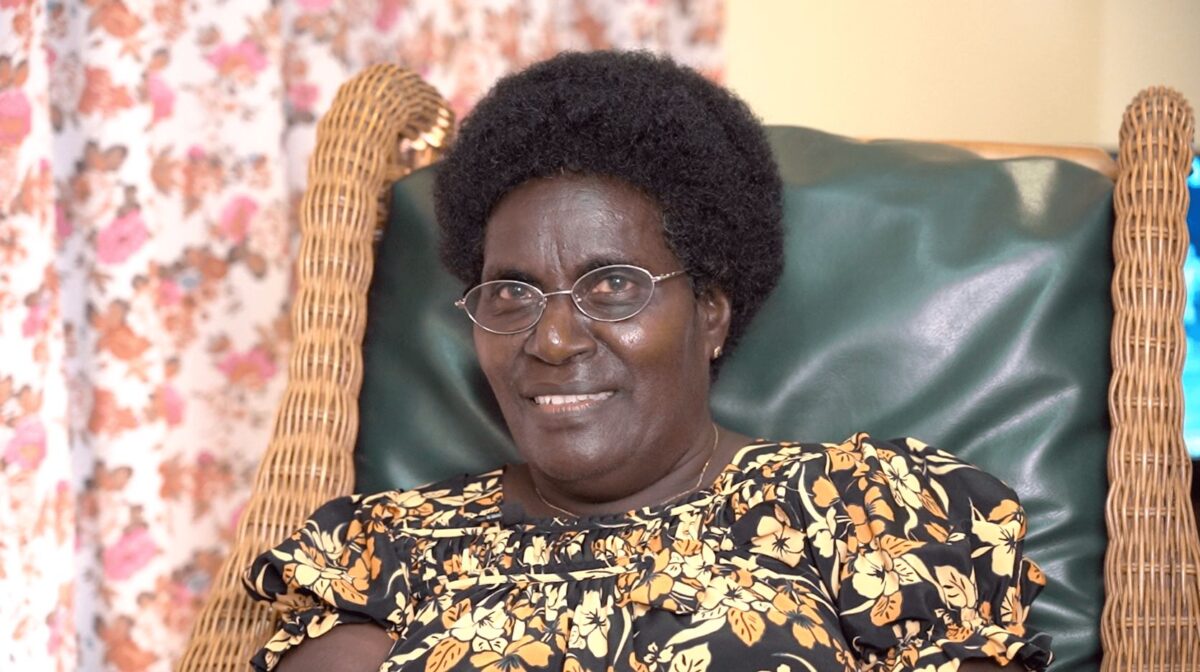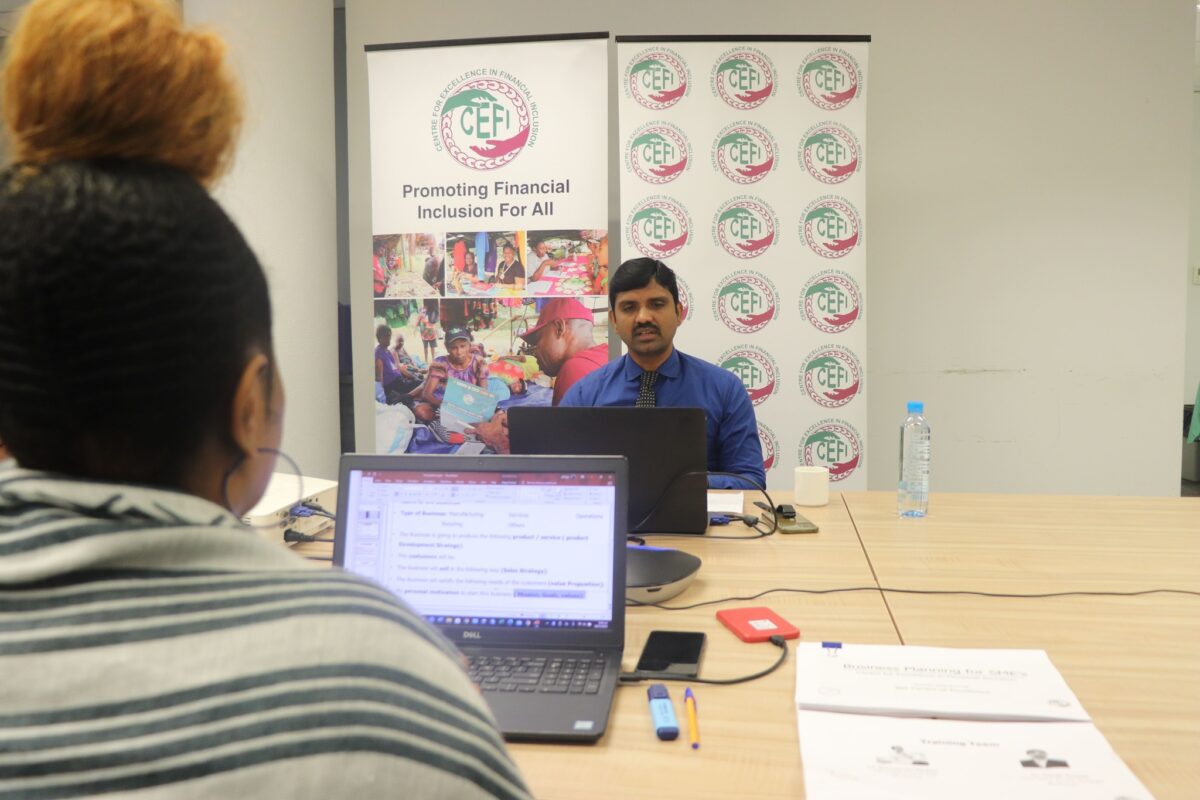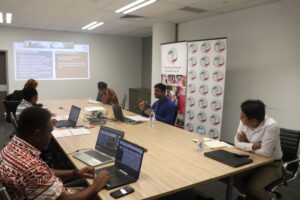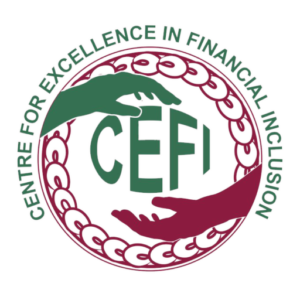Livelihood training inspires farmer Kevin to lead money management training for young farmers.
Farmers in rural communities in Jiwaka Province rely on farming for their livelihoods, but many face challenges transitioning from semi-subsistence farming to market-oriented agribusiness. Coupled with limited financial services & products and poor money management skills, it can be overwhelming for farmers to grow and sustain their farming business.
Kevin Yehi, a lead farmer in Jiwaka is looking at addressing this issue, with his focus on youth farmers. In 2005, Kevin left formal employment in the city and headed to the province to set up his vegetable farming business. Kevin never imagined that his small farming business would one day inspire him to establish the Jiwaka Youth in Agriculture (JYIA) in Kudjip Rural Local Level Government, Angalimp South Waghi District.
“Seeing that there are decent earnings from farming the land, I decided to set up the youth association which supports young people venture into farming as a business.”
Fifteen years after the establishment, the association now supplies watermelon, capsicum and citrus fruits to the Mount Hagen Main Markets, Highlands Fresh, JP Investments, PAK Vegetables and to catering contractors. The organic produce is also sold to Porgera Mine and CPL Group through Highlands Fresh (Tininga Limited) and JP Investments.
There, however, needs to be more work on changing youth financial behaviour. Kevin explains that young farmers gain significant income from the vegetables they sell to the organised markets, but they misuse or poorly manage their income.
“My dream is to see more young people build and live in permanent houses and excel in agribusiness. I think critical money management training will help the youth manage their money well and live a fulfilling life.”
The Centre for Excellence in Financial Inclusion (CEFI) in partnership with the Market for Village Farmers (MVF) project and CARE International-PNG is training lead farmers like Kevin and other trainers to help build the capacity of rural farmers to improve their livelihoods.
Kevin was part of 25 trainers who underwent a two-week Village Farmers Livelihood Improvement Training of Trainers program in May 2021. The Village Farmers Livelihood Improvement Training addresses the attitudes often prevalent in farming households that result in women and youth unequal participation in important decision-making for the family, including managing family income and participation in training and learning opportunities.
“This training is added value for me as a lead farmer,” Kevin beams after his certificate presentation. “I can confidently train young farmers to approach farming as a family business.”
CEFI through the Market for Village Farmers Project will facilitate the access of 25,000 farming households to financial training, services and products across Western Highlands, Jiwaka, Simbu and Eastern Highlands in the Highlands region and Morobe and East New Britain provinces. CEFI will roll out money management skills, develop community-level savings and innovative lending schemes that will pave the way to support farmers to build a strong savings culture and grow their businesses into viable commercial businesses.
Market for Village Farmers (MVF) is executed by the Government of Papua New Guinea through the Department of Agriculture and Livestock (DAL) and implemented by Fresh Produce Development Agency, with funding from the International Fund for Agricultural Development (IFAD).





